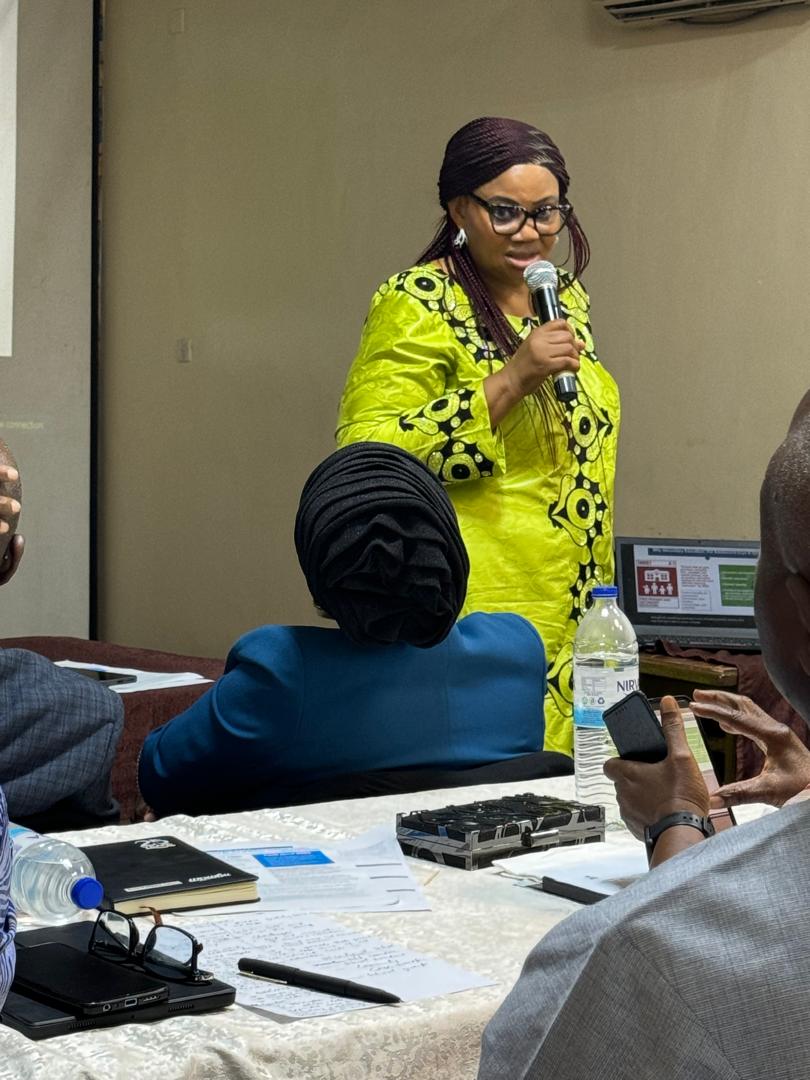By Rotimi Idris
United Nations International Children’s Fund, has called for increased
funding for secondary education, urging government to stop treating it as a second fiddle to the advantage of basic and tertiary education.
UNICEF education specialist, Azuka Menkiti made the appeal at a two-day regional stakeholders’ meeting on Out-of-School Children and Retention, Transition and Completion Model for Ekiti, Ondo, Lagos, Osun, Oyo and Ogun States.
She explained that upscaling budgetary allocation for the secondary education would not only significantly reposition the sector, which had suffered utter neglect in terms of infrastructures, equipment, low quality of teachers, leading to the alarming rate of the out of school children.

She stressed the need for the six southwestern states to forged a strong partnerships to tackle the menace of the out of school in the region.
Also speaking at the event, UNICEF Chief of Lagos Field Office, Mohammed Okorie, noted that the stakeholders meeting was borne out of the agency’s commitment to ensure children have free access to quality education.
He said that the dialogue was aimed at bringing together key stakeholders from across the southwest states to discuss interventions, identify key performance indicators, as well as develop strategic home grown action plans to mitigate the challenge of out-of-school children in the region.
Okorie said the issue of out of school children and low retention, transition and completion of education by children has become an albatross on the neck of the region that must be urgently addressed.
He added that the six states’ government must come together to develop and implement targeted intervention programmes that would address all the factors militating against free access to quality and basic education.
Speaking further, Menkiti explained that reduction in the rate of the out of school children and increase in retention, transition and completion rate are achievable should governments expand access to secondary education, enhance quality learning and strengthen their support systems through improved budgeting, implementation of effective policy and set up plans.
She said: “This comes from about 10 years of intervention we have done on girls’s education that has shown successful, tested, and skillable interventions that have been able to help us bring girls to school and keep them in school.
“What the two-day meeting is doing is supporting states to begin to look at issues that are drivers of dropouts for adolescents in their states. When we talk about the bigger picture of out-of-school children, we are looking at them from different perspectives: those who have never enroled in school, those who are likely not to enrol in school, and those who have dropped out of school. So we are interested in this meeting for those who are at risk of dropping out and at risk of not actually completing secondary education”, she added.
In his presentation, Babagana Aminu, also an education specialist in UNICEF said that retention of school children had been one of the major challenges in the zone.
He said that strategic efforts must be geared towards creating a sustainable solutions to ensure that every Nigerian child has the opportunity to complete their education and assimilating the adolescents that dropped out into the formal education.
He said: “In terms of being out of school in the Southwest, almost on average, putting all six states together according to the multiple cluster indicator survey that was conducted by NBS, it shows that about 8 percent of children are out of school.
“But that is not the most worrisome data, if I must say, concerning the southwest, most of the worrisome data has to do with retention, that is, retaining those children that must have enrolled in school, but not only retaining them; are they completing the level of education that they have enrolled in?
“What I mean is that the completion of primary school children when they are in junior secondary school and, as well, when they transit to senior secondary school, how well are they transiting? Lots of children that enter primary school may not have the opportunity to complete junior secondary school, and that means the future for them is still blurry. So where are these children? That means if they are not in school, they are out of school”, he added.

